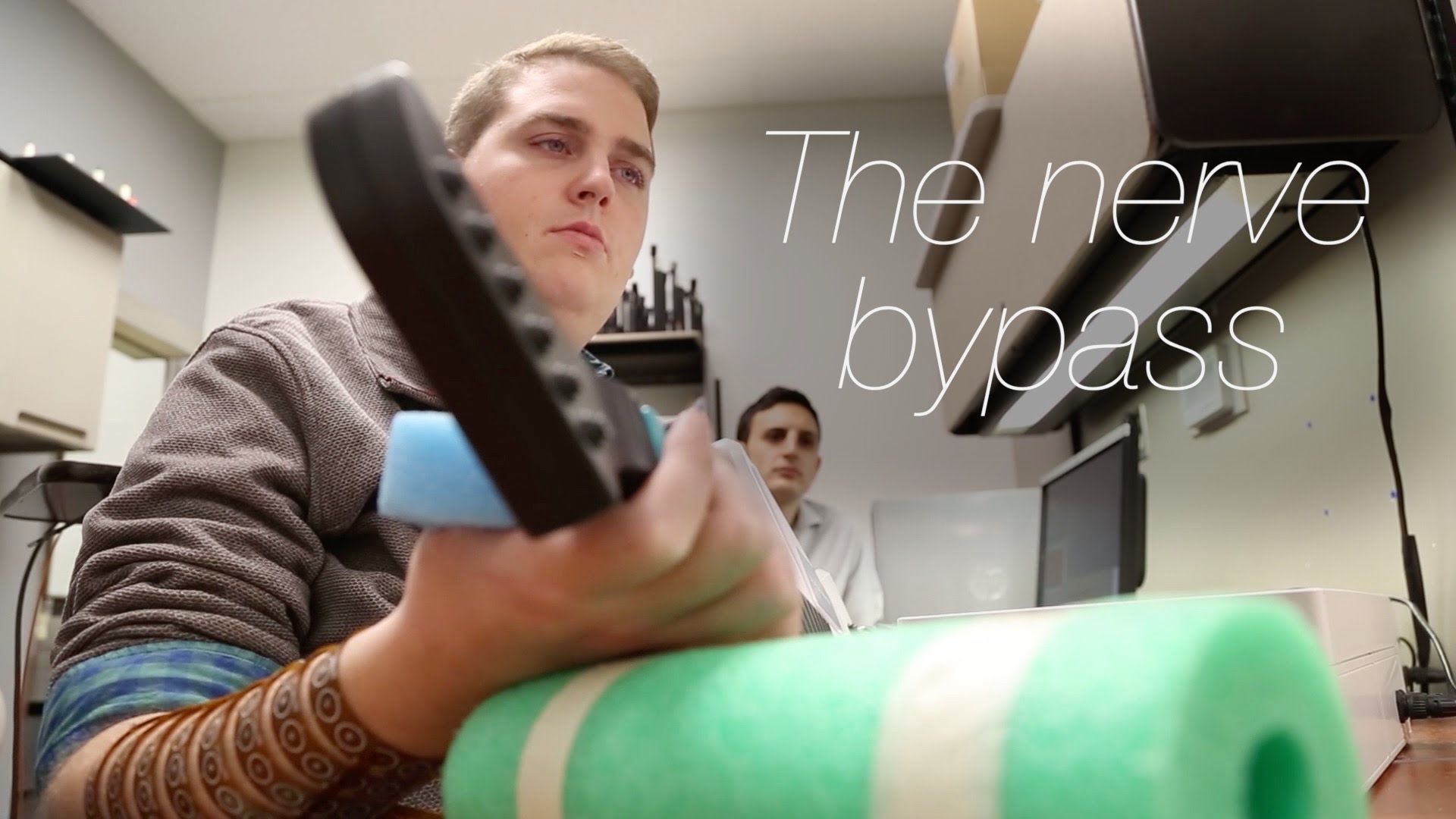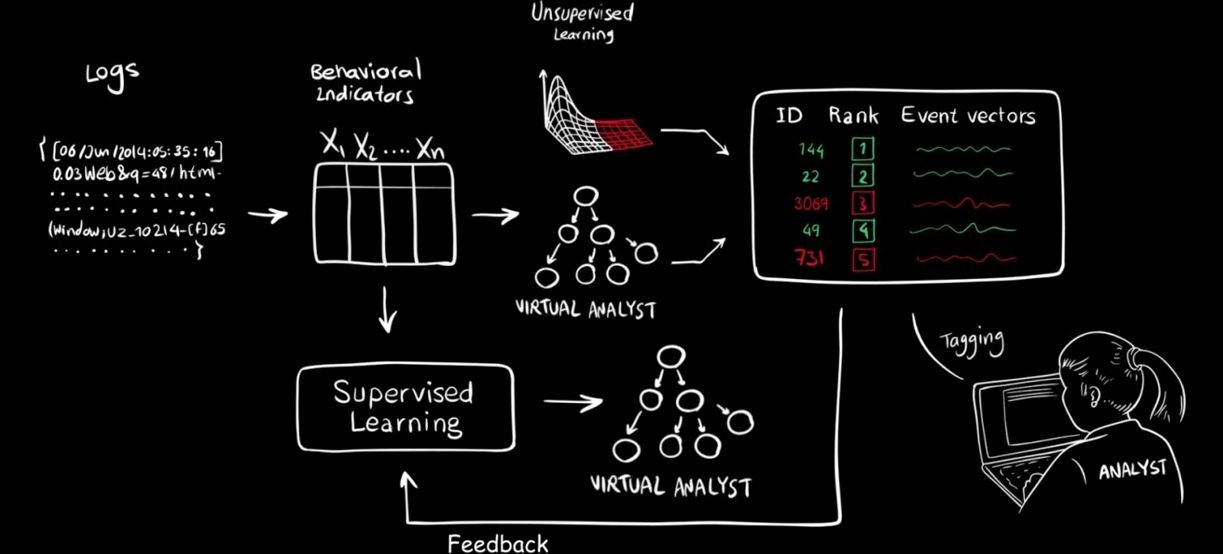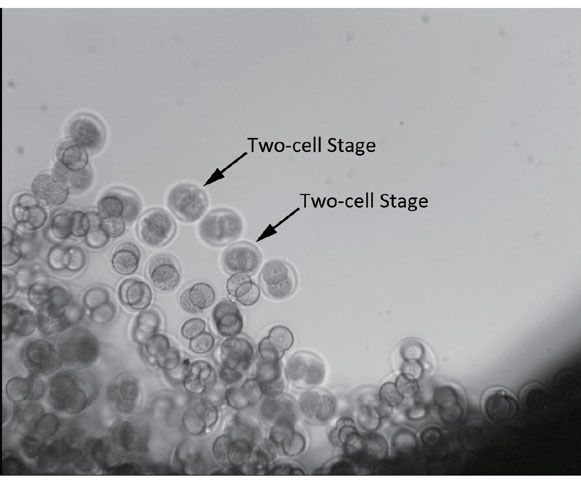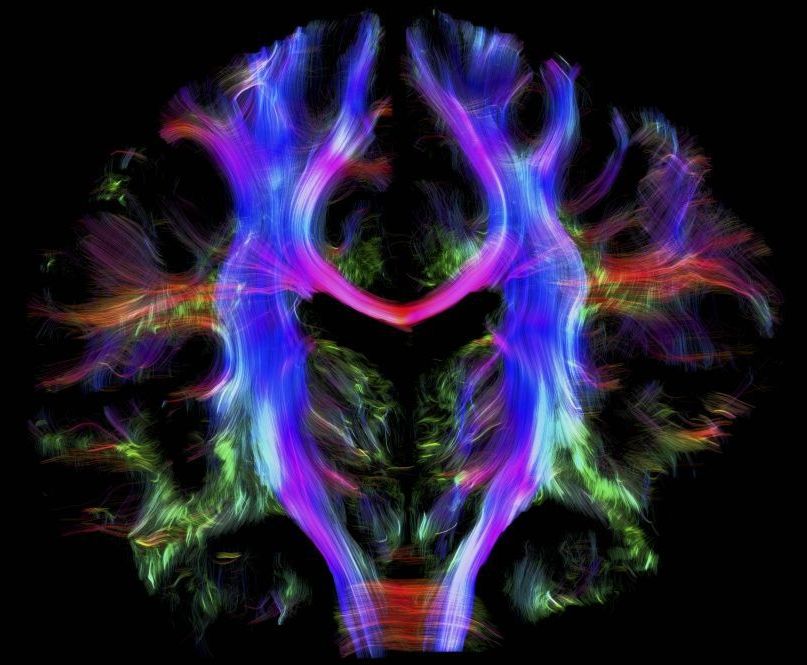Page 11256
Apr 18, 2016
Paralyzed man regains control of hand after having chip implanted in brain
Posted by Karen Hurst in categories: biotech/medical, computing, cyborgs, neuroscience

BMI/ BCs are only going to improve over time and give new lives and chances again to people. Note: this version has limited use outside the medical lab; however, they are working on making one wireless and connected in order to be used anywhere.
Thanks to an experimental treatment that included implanting a chip in his brain, Ian Burkhart was able to regain control of his hand.
Continue reading “Paralyzed man regains control of hand after having chip implanted in brain” »
Apr 18, 2016
Dartmouth-led team devises new technique to probe ‘noise’ in quantum computing
Posted by Karen Hurst in categories: computing, quantum physics
Fine tuning QC.
HANOVER, N.H. — Dartmouth College and Griffith University researchers have devised a new way to “sense” and control external noise in quantum computing.
Quantum computing may revolutionize information processing by providing a means to solve problems too complex for traditional computers, with applications in code breaking, materials science and physics, but figuring out how to engineer such a machine remains elusive.
Continue reading “Dartmouth-led team devises new technique to probe ‘noise’ in quantum computing” »
Apr 18, 2016
MIT’s AI Can Predict 85 Percent of Cyberattacks
Posted by Aleksandar Vukovic in categories: cybercrime/malcode, internet, robotics/AI

Knowing a cyberattack’s going to occur before it actually happens is very useful—but it’s tricky to achieve in practice. Now MIT’s built an artificial intelligence system that can predict attacks 85 percent of the time.
Cyberattack spotters work in two main ways. Some are AI that simply looks out for anomalies in internet traffic. They work, but often throw up false positives—warnings about a threat when actually nothing’s wrong. Other software systems are built on rules developed by humans, but it’s hard to create systems like that which catches every attack.
Continue reading “MIT’s AI Can Predict 85 Percent of Cyberattacks” »
Apr 18, 2016
New study shows mammals can be developed in space
Posted by Jeremy Lichtman in category: space
The latest experiment results from China’s SJ-10 recoverable satellite have been sent back with some groundbreaking news. For the first time in human history, it has been proven that the early stages of embryos in mammals can be developed completely in a space environment.
China launched the country’s first microgravity satellite, the SJ-10, on April 6. The return capsule on the satellite will stay in orbit for several days before heading back to Earth. An orbital module will continue to conduct experiments for a few more days.
High-resolution photographs sent back by SJ-10 show that the mouse embryos carried by the return capsule completed the entire developing process within 96 hours from the launch, the first reported successful development of mammalian embryos in space.
Apr 18, 2016
Scientists discover huge galaxy that appeared out of nowhere
Posted by Sean Brazell in category: space

Scientists discovered a new galaxy called Crater 2 that orbits our milky way galaxy which seemingly appeared out of nowhere. Patrick Jones (@Patrick_E_Jones) explains. Buzz60.
Apr 18, 2016
Book: Space Architecture Education for Engineers and Architects: Designing and Planning Beyond Earth
Posted by Odette Bohr Dienel in categories: architecture, education, engineering, space
“This book considers two key educational tools for future generations of professionals with a space architecture background in the 21st century: (1) introducing the discipline of space architecture into the space system engineering curricula; and (2) developing space architecture as a distinct, complete training curriculum.”















